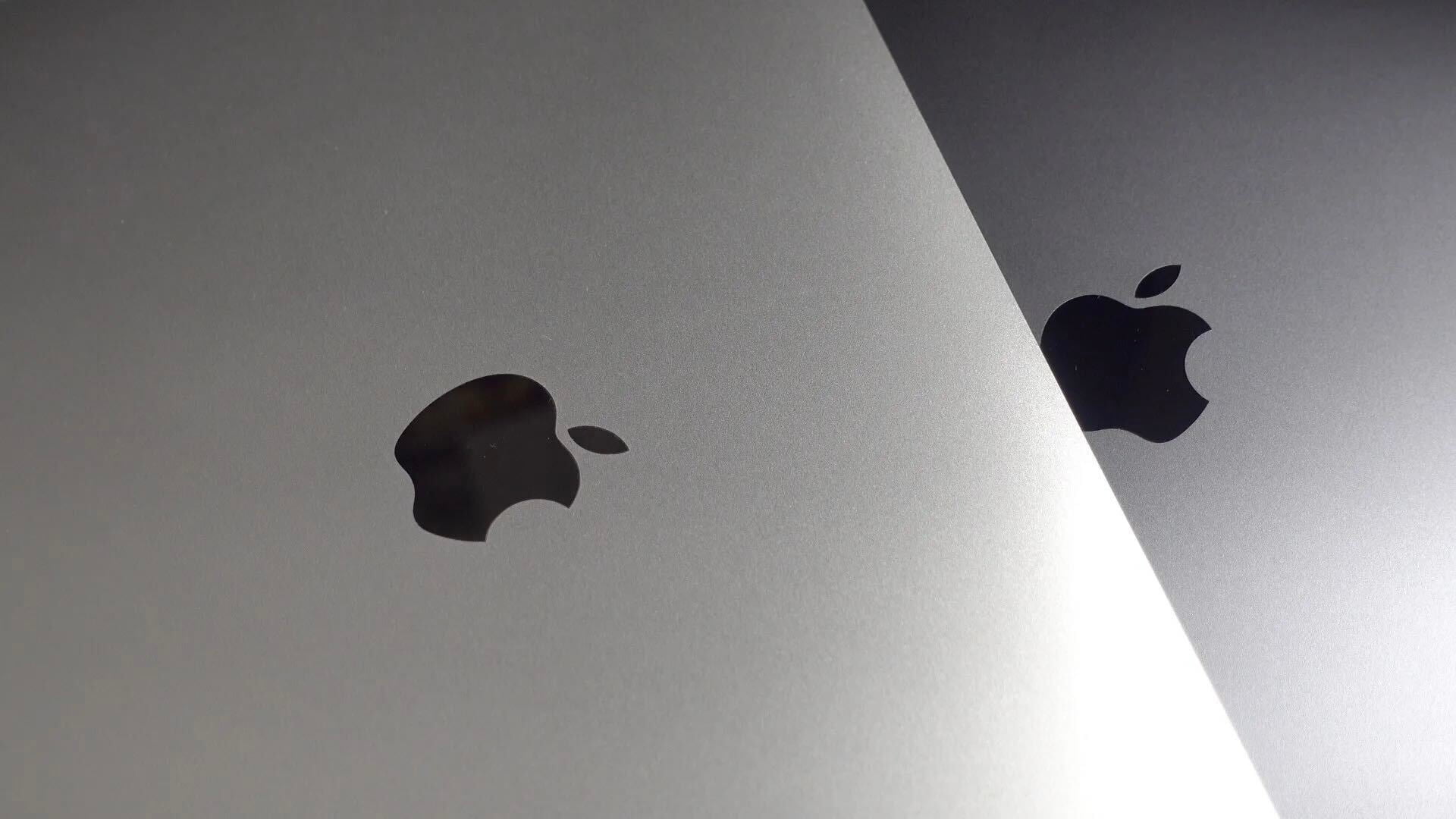
Four members of Congress have accused Apple of being “a pawn in China’s malfeasance” in putting the privacy of customer data at risk in the country.
They have urged Apple to reassess its business practices in the country, and its relationship with the Chinese government …
An open letter to Apple CEO Tim Cook (shown in full below) was signed by Republican House Representatives Ken Buck, Scott Fitzgerald, Burgess Owens, and Dan Bishop.
Based on recently reported information, we write to urge Apple to reassess its business practices in China and with the Chinese government.
Recently, you have touted your company’s prioritization of Apple users’ control over their data. However, your company’s disingenuous implementation of these rights is striking. Apple users in China have zero protections against the Chinese government’s use of their data stored by the company, and instead of working to counter this problematic reality, Apple continues to concede to the Chinese government’s demands […]
We urge you to consider Apple’s position as a pawn in China’s malfeasance and take the necessary actions to separate your company from the Chinese government’s abuses of its international people.
The letter was tweeted by Rep. Ken Buck, using the Twitter for iPhone app.
It follows a New York Times report that suggested Apple was unable to ensure the privacy of personal data stored on iCloud servers in China.
In its data centers, Apple’s compromises have made it nearly impossible for the company to stop the Chinese government from gaining access to the emails, photos, documents, contacts, and locations of millions of Chinese residents, according to the security experts and Apple engineers […]
The digital keys that can decrypt iCloud data are usually stored on specialized devices, called hardware security modules, that are made by Thales, a French technology company. But China would not approve the use of the Thales devices, according to two employees. So Apple created new devices to store the keys in China.
As the report explains, this means that the keys to unlock the user data in China are stored “in the data centers they’re meant to secure.”
Asked for comment by Business Insider, Apple simply referred to the statement it had made in response to the NYT report.
We have never compromised the security of our users or their data in China or anywhere we operate.
You can read the full text of the letter below.
Dear Mr. Cook,
Based on recently reported information, we write to urge Apple to reassess its business practices in China and with the Chinese government.
Recently, you have touted your company’s prioritization of Apple users’ control over their data. However, your company’s disingenuous implementation of these rights is striking. Apple users in China have zero protections against the Chinese government’s use of their data stored by the company, and instead of working to counter this problematic reality, Apple continues to concede to the Chinese government’s demands.
While a company may engage in problematic marketplaces so that they have a seat at the table and are positioned to leverage their market influence to advance user privacy and human rights, this is not the reality in this situation. In fact, as your company has compromised its users and supply chains in China, Apple has entwined itself with the very rights abuses it claims to oppose. Apple’s gradual and near-total capitulation to the communist regime in China in its storage of user data under the CCP’s express legal jurisdiction, censorship of its App Store in China, and in other areas is confounding.
On their face, Apple’s corporate values bolster human rights and user privacy, going so far as to affirm, “Privacy is a fundamental human right.”2 Unfortunately, the company’s systemic failure to uphold these values in its dealings with China contradict this narrative.
Once again, we urge you to consider Apple’s position as a pawn in China’s malfeasance and take the necessary actions to separate your company from the Chinese government’s abuses of its people, international peace and stability, and democratic principles of freedom and equality.
Ken Buck, Scott Fitzgerald, Burgess Owens, Dan Bishop
FTC: We use income earning auto affiliate links. More.






Comments